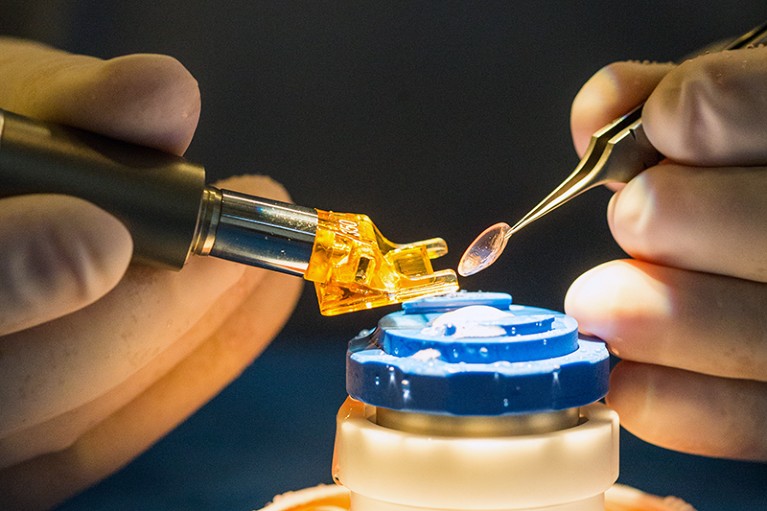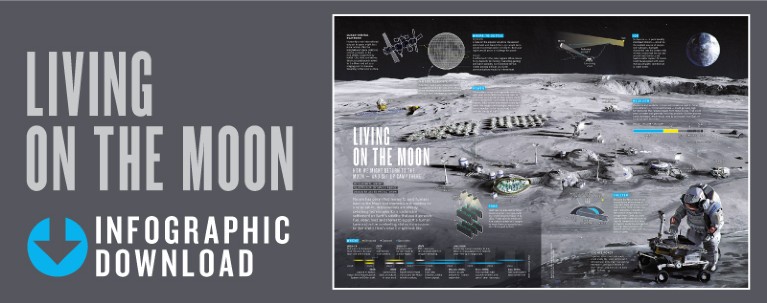Hello Nature readers, would you like to get this Briefing in your inbox free every day? Sign up here.

Cornea grafts can help to restore vision. Scientists in Japan are planning to graft tissue grown from stem cells.Credit: Burger/Phanie/Science Photo Library
Japan poised to approve stem-cell therapy for corneas
A Japanese committee has provisionally approved the use of reprogrammed stem cells to treat diseased or damaged corneas. Researchers are now waiting for final approval from the health ministry to test the treatment in people. Ophthalmologists will use wafer-thin sheets of tissue made from induced pluripotent stem cells, created by reprogramming cells from a donor into an embryonic-like state. Japan is a hotbed for such research: other Japanese researchers have carried out clinical studies using induced pluripotent stem cells to treat spinal-cord injury, Parkinson's disease and another eye disease.
Controversial deep-sea mining put to the test
Next month, researchers will look on as a mining firm vacuums up metals such as copper and iron that lie in rock deposits — or nodules — on the sea floor in the remote Pacific Ocean. It will be the first large-scale test of a deep-sea mining method that scientists have long warned could release damaging plumes of sediment into some of the clearest waters. Oceanographers worry that the test won’t be enough to reveal what intensive mining will do to the vibrant life on the sea floor. But an international regulatory body is keen to get firm rules in place for deep-sea mining by next year.
Read more: Never-before-seen deep-sea life prompts new worries over seabed mining

The gorgeous infographic from How to build a Moon base (from October), illustrated by Maciej Rębisz, has won an Award of Excellence from the Society of News Design. To celebrate, we’re offering it to you as a free PDF download to print and enjoy.
FEATURES & OPINION
A student’s guide to undergraduate research
Undergraduate researcher Shiwei Wang took on the challenge of working part-time in a lab just a few months after starting university, and ended up as co-first author on a paper. He shares his lessons learned about dealing with failure, setting goals and finding the right work–study balance.
How to save scientific authority
Shouting ‘Science works!’ won’t fix our current sticky situation, says philosopher Robert Crease. “The best approach,” he says, “is to examine the experiences of early proponents of scientific authority who faced powerful resistance, risked their careers and even lives, and had to develop countermeasures.” His new book looks at how historical figures from astronomer Galileo Galilei to philosopher Hannah Arendt tackled science denial in their own turbulent times.
How to fix the recycling emergency
Until January 2018, China handled nearly half of the world’s recyclable waste — then it slammed the door on poor-quality plastic. The resulting glut of recyclable plastic has sparked a crisis in green bins from Australia to the United States. In the short term, waste is piling up, being burned and potentially leaking into the environment. In the long term, if we play our cards right, “it offers an opportunity to develop better solutions for a growing throwaway culture”, reports Yale Environment 360.
